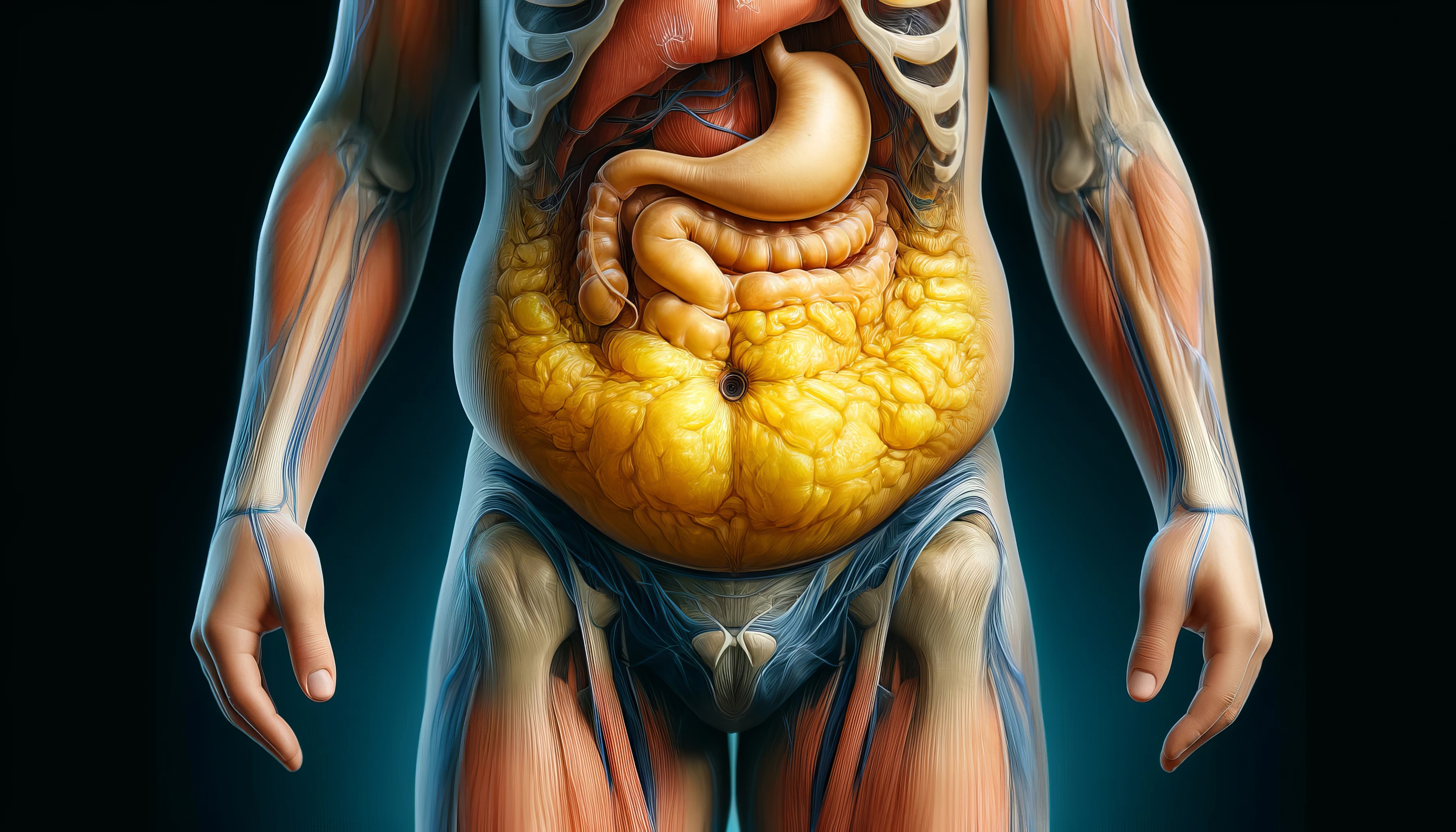Nutrition and Lifestyle
#11 Understanding Bloating & Gas: Causes, Solutions, and How to Find Relief
Introduction
Bloating and excessive gas are common complaints that many people struggle with. Whether it’s a feeling of fullness, a tight abdomen, or constant discomfort after meals, bloating can significantly impact your daily life. If you're dealing with this issue regularly, you're not alone. But why does bloating occur, and what can you do about it?
In some cases, persistent bloating may indicate an underlying issue that requires professional support. In this post, I’ll break down the common causes of bloating, how to manage it, and simple tips to help ease the discomfort.
What Causes Bloating & Gas?
Bloating is the sensation of fullness or swelling in the abdomen, often accompanied by excess gas. While it’s a normal part of digestion, frequent or severe bloating may point to an underlying issue. Here are some common causes:
1. Eating Too Quickly
When we eat too fast, we tend to swallow air, which can build up in the stomach and cause bloating. Additionally, eating too quickly can lead to indigestion, preventing the stomach from properly breaking down food. This results in gas and discomfort.
2. Gut Dysbiosis
Your gut is home to trillions of bacteria, some of which are essential for digestion. If there’s an imbalance—where harmful bacteria outnumber beneficial ones—this can lead to digestive issues like bloating and gas. This imbalance is often referred to as gut dysbiosis.
3. Sudden Increase in Fibre
Fibre is crucial for digestive health, but a sudden increase, especially if you’re not used to it, can cause bloating. This happens because fibre is fermented by bacteria in the colon, which produces gas. Gradually increasing fibre intake over a few weeks can help your digestive system adjust.
.
4. Food Sensitivities & Intolerances
Certain foods, like dairy, gluten, and high-FODMAP foods (fermentable oligosaccharides, disaccharides, monosaccharides, and polyols), can be difficult for some people to digest. This can lead to bloating, gas, and other uncomfortable symptoms. Identifying and eliminating trigger foods can significantly reduce bloating.
5. Stress & the Gut-Brain Connection
It’s no surprise that stress can affect your digestive system. The gut-brain connection means that emotional stress can lead to digestive issues, including bloating and gas. In fact, when you’re stressed, your gut can go into “fight or flight” mode, slowing down digestion and causing discomfort.
How to Relieve Bloating & Gas: Practical Tips
While occasional bloating is normal, persistent discomfort isn’t something you should just accept. Here are some practical tips to help you manage and reduce bloating:

1. Eat Slowly & Mindfully
Take your time to chew your food thoroughly. Eating slowly reduces the amount of air you swallow and helps with digestion. Mindful eating can also help you identify how certain foods affect your body, so you can make better food choices.
2. Support Your Gut Health
If your gut bacteria are out of balance, it’s important to support your digestive health. Probiotics, prebiotics, and a diet rich in fibre can help improve your gut microbiome. Fermented foods like sauerkraut, kimchi, and kefir are excellent natural sources of probiotics.
3. Gradually Increase Fibre Intake
If you're increasing your fibre intake, do so slowly. This gives your digestive system time to adjust and reduces the risk of bloating. Start with small portions of high-fibre foods, such as oats, beans, or leafy greens, and gradually build up over time.
4. Identify & Eliminate Trigger Foods
If you suspect certain foods are contributing to your bloating, consider eliminating them for a few weeks to see if your symptoms improve. Common culprits include dairy, gluten, high-FODMAP foods, and artificial sweeteners. Keep a food diary to track your symptoms and identify patterns.
5. Manage Stress
As stress can affect your digestion, it’s important to find ways to manage it. Practising relaxation techniques like deep breathing, meditation, yoga, or even taking a walk can help reduce stress levels and improve digestion.
When to Seek Professional Help
If bloating and gas are persistent or severe, it’s essential to consult a healthcare professional. In some cases, ongoing digestive issues may be a sign of a more serious condition, such as IBS, IBD, or a food allergy. A nutritional therapist can help you identify triggers, optimise your diet, and create a personalised plan to improve your gut health.
Conclusion
Bloating and gas are common but uncomfortable issues that can often be managed through simple dietary and lifestyle changes. By eating slowly, supporting your gut health, and identifying potential food intolerances, you can significantly reduce bloating and discomfort.
If you’re struggling with persistent digestive issues or want tailored support, I’m here to help! You can reach out via my website or book a consultation to get started on your journey to better gut health.
Let’s work together to help you feel your best!
For more information go to:
More about Digestion
Increase your protein with these tasty and easy-to-prepare recipes:
Get your free eBook
Share this post on:
OTHER POSTS
-
#7 Protein and Bone Health
Did you know protein makes up 50% of your bone volume and 1/3 of its mass?


SUBSCRIBE




